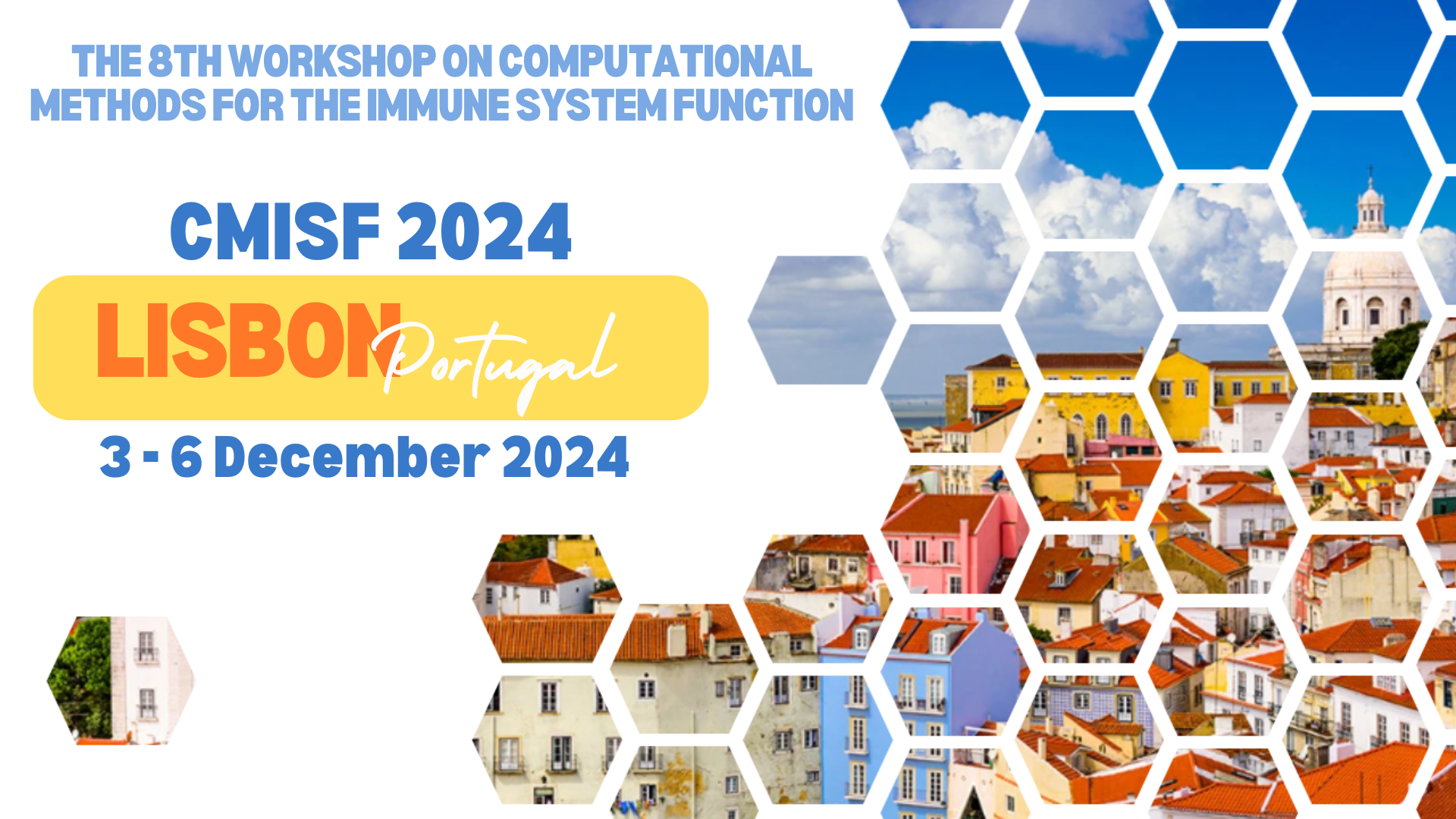
The constant and rapid increasing of computing power has favored the diffusion of computational methods into immunology, giving the birth to computational immunology. Computational immunology, known also as immunological bioinformatics or immunoinformatics, is a modern research area that embraces data-driven computational and mathematical approaches able to model and describe the dynamics of cellular and molecular entities of the immune system, its disorders, and infections. Nowadays, immunoinformatics is dedicated to methods and tool developments for the analyses of omic-type data in immunology and knowledge inference using simulation, statistical inference, and machine learning algorithms. These fields are complementary key drivers of data-driven basic and translational immunology research for the benefit of human and animal health.
Furthermore, the simulation of the immune system for the design testing of new medical interventions in virtual patients through the set-up of in Silico Trials (IST) is a hot topic that will have a key role in the years to come. In parallel, a challenging investigation through IST is represented by those phenomena and mechanisms that may trigger immunotoxicity or allergenicity after exposure to skin, respiratory or environmental sensitisers.
The Workshop will focus on the application of computer methods and computational models, at any level of description (e.g., microscopic/intracellular, mesoscopic/intercellular, macroscopic/tissue or organs), for the modeling of the immune system function, along with their application in understanding the pathogenesis of specific diseases (e.g., infectious diseases, cancers, hypersensitivities, autoimmune disorders).
Research topics
Topics of interest include, but are not limited to:
• modeling techniques, tools and approaches (e.g., agent based modeling, equation based modeling, network studies);
• computational models for cancer immunotherapy, autoimmune diseases, allergies and infectious diseases;
• spatially-extended models (e.g., models of lymph channels and/or lymph nodes);
• methods for in silico testing and optimization of therapeutic/vaccination schedules;
• multi-scale models and methods for encompassing two or more spatial and/or temporal scales (e.g., from cell functions to organs);
• novel methods and approaches for in Silico Trials;
• epidemiological models;
• regulatory pathway of CM&S;
• AI and ML techniques for biomedical needs.
For further information, please visit: https://ieeebibm.org/BIBM2024/
IMPORTANT MESSAGE! This year CMISF 2024 will be totally online. Presenters are kindly invited to attend the meeting and make their presentation following this link on December 6th 2024 from 10:00 to 13:00 CET. Please connect 5 minutes before. The program schedule can be downloaded from this link.

